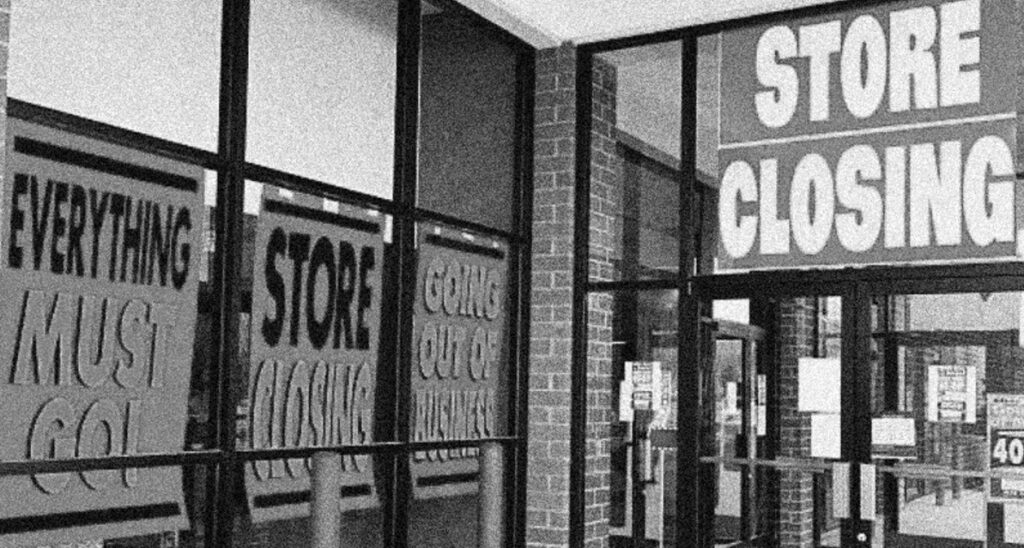Thanks to early adoption of innovative grazing practices combined with advances in cattle breeding and nutrition, U.S. producers have already employed many of the suggested practices that the study suggests employing around the world.
STUDY CONFIRMS US BEEF INDUSTRY IS THE MOST SUSTAINABLE IN THE WORLD
WASHINGTON (April 5, 2021) – A research paper released today confirmed U.S. beef production is the most sustainable production system in the world, a fact long understood by America’s cattle producers, who between the 1960s and 2018, reduced the carbon footprint of the industry by 40 percent while producing 66 percent more beef.
“We already know a growing global population will require and demand high-quality food, which means we need ruminant animals, like beef cattle, to help make more protein with fewer resources,” said NCBA president and Kansas cattleman, Jerry Bohn. “Cattle generate more protein for the human food supply than would exist without them because their unique digestive system allows them to convert human-inedible plants, like grass, into high-quality protein.”
Although the study’s abstract disingenuously advocates for decreased beef consumption, the paper itself repeatedly points out that the advantages of the U.S. cattle and beef production model far outweigh the impacts. The U.S. has been a global leader with the lowest emissions intensity in the world for the past 25 years, producing just 2 percent of U.S. greenhouse gas emissions, or 0.5 percent of global GHG emissions.
The study examined livestock lifecycle assessments (LCAs) from across the globe to reach its conclusions and pointed out that there is significant room for improvement of global livestock production practices. While it laid out many opportunities for improvement, it also recognized the work already done by the U.S. cattle industry to become the leader in sustainable beef production. Thanks to early adoption of innovative grazing practices combined with advances in cattle breeding and nutrition, U.S. producers have already employed many of the suggested practices that the study suggests employing around the world.




Also sequestered in the soil by grazing is lots of sox nox and mercury.
These are the bad pollutants.
Carbon BTW is Not a pollutant neither is co2.
It takes Grazing and Animal browse to sequester carbon in the soil.
Grazing and browsing stimulate root action thus carbon uptake by the soils of the plant zone.
The right grazing conditions sequester 5x more carbon in the soil as comped to non used soils.
Pretty simple really… That’s why God put large herds of grazers on Earth.